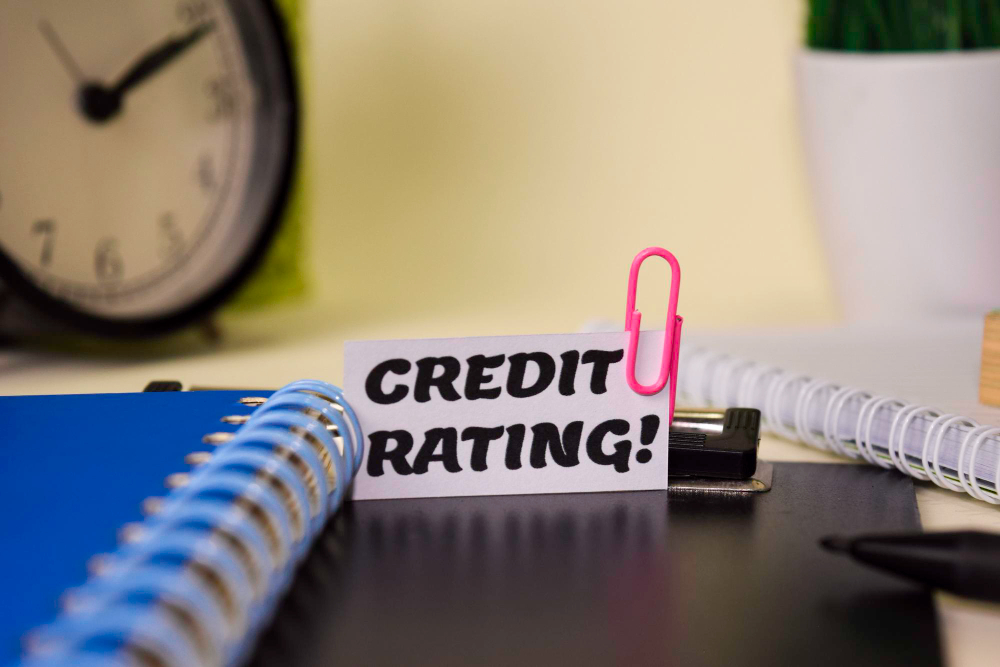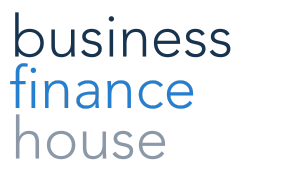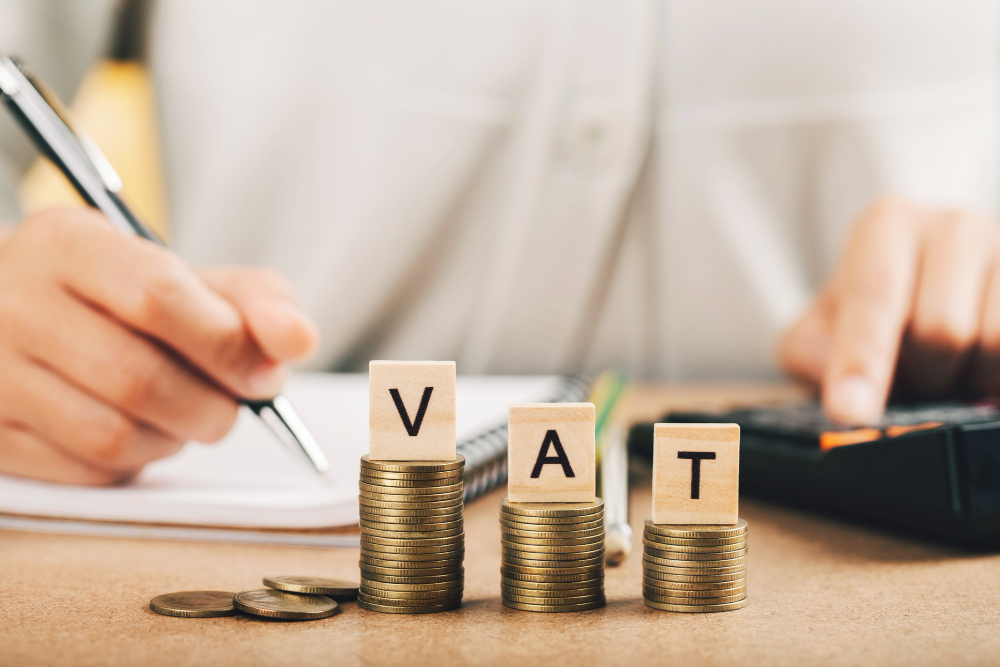VAT loans are an essential source of funding for companies looking to effectively handle their tax responsibilities. These short term tax loans are intended to help businesses pay their VAT obligations in order to avoid any possible disruptions to their cash flow. VAT loans can, however, impact a company’s credit score, just like any other type of funding. Maintaining and enhancing your business’s creditworthiness requires an understanding of how VAT financing solutions affect your credit score.
Positive Impact of VAT Loans on Credit Scores
-
Timely Repayments Boost Credit Ratings
Consistently making on-time payments towards VAT loans can increase your business credit scores. Credit bureaus view timely repayments as a sign of financial responsibility, which can positively reflect on your business credit rating.
-
Improving Business Credit Mix
Incorporating VAT loans into your financing strategy can diversify your credit portfolio. A varied credit mix, including different types of debt like short term tax loans, can favourably impact your business creditworthiness by demonstrating your ability to manage various credit forms responsibly.
-
Strengthening Financial Management Reputation
Effectively utilising VAT financing solutions indicates robust financial management practices. This proactive approach can enhance your business’s reputation among lenders, potentially leading to better credit terms in the future.
Negative Impact of VAT Loans on Credit Scores
-
Missed or Late Payments Lower Credit Scores
Failing to meet repayment schedules for these loans can negatively affect your business credit score. Late or missed payments are often reported to credit bureaus, signalling financial instability.
-
High Loan Utilisation May Affect Borrowing Power
Excessive reliance on VAT loans can lead to high loan usage ratios, which may negatively impact your business’s borrowing capacity. Lenders might perceive the company’s high usage of this facility as a risk factor, potentially lowering your credit score.
-
Defaults and Collections Damage Credit Ratings
Accounts that are sent to collections as a result of defaulting on loans can seriously harm your company’s credit score. Such derogatory marks can remain on your credit report for years, affecting future financing opportunities. 
How to Use VAT Loans Without Harming Your Credit Score
-
Borrow Only What You Can Afford to Repay
Assess your repayment capacity before taking out a loan. Borrowing within your means ensures you can meet repayment obligations without straining your finances.
-
Set Up Automatic Repayments
Implementing automatic payments can help prevent missed or late payments, thereby protecting your business credit score from potential negative impacts.
-
Compare Lenders and Loan Terms
More favourable loan terms can result from careful lender comparison and research. Choosing a loan that fits your financial circumstances is made easier when you are aware of interest rates and repayment plans.
-
Maintain a Strong Credit Utilisation Ratio
By carefully controlling your debt levels, you can maintain a low credit utilisation ratio. Credit bureaus typically view a lower ratio favourably, which can help improve business credit scores.
-
Regularly Monitor Your Business Credit Report
By routinely checking your business credit report, you can quickly identify and resolve any errors or problems, keeping your credit profile current and accurate.
VAT loans can be a useful solution for handling tax obligations, but how you handle them will determine how they affect your company’s credit score. You can use VAT financing options to support your business without jeopardising your creditworthiness if you follow sound financial practices, keep a balanced credit mix and make on-time repayments.
Contact Business Finance House today for tailored advice for your business and get the best finance solutions for your needs.





